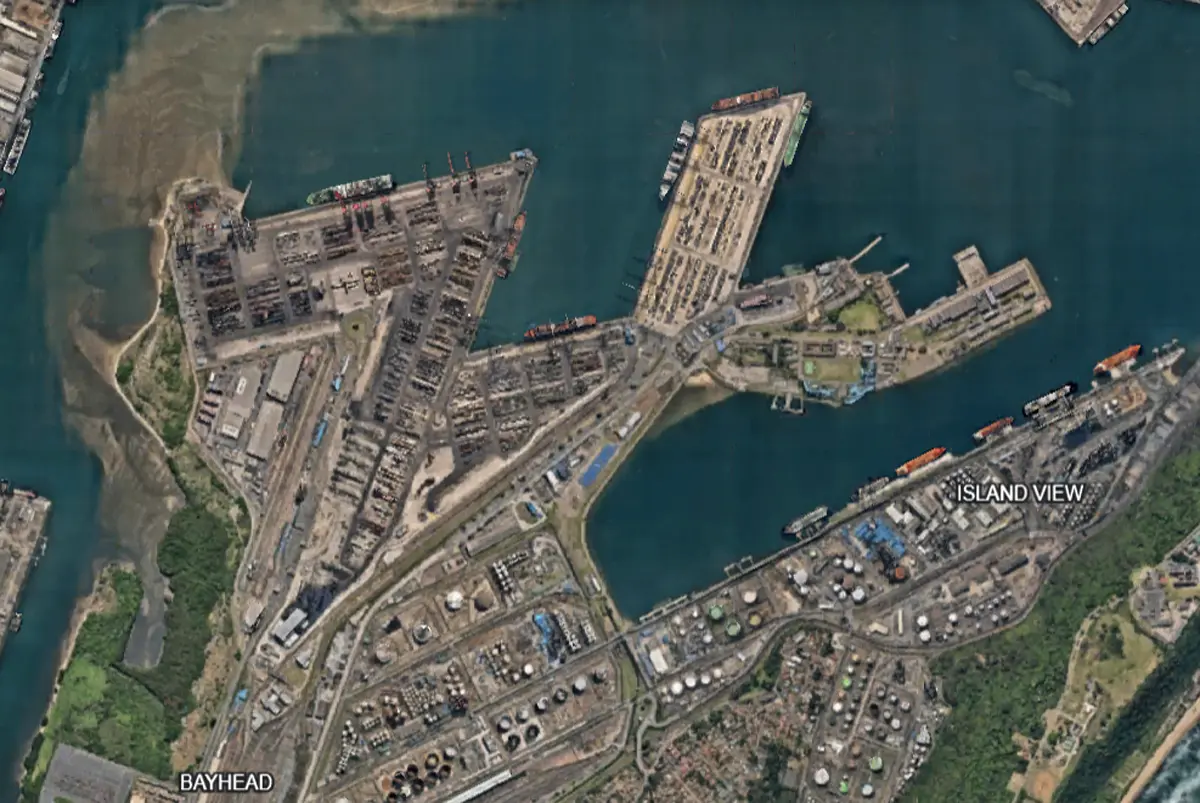
This question has been on many people’s minds since the renewal of terminal leases in Durban’s Island View Precinct (IVP).
In October 2025, Transport Minister Barbara Creasey issued a directive under section 79 of the Ports National Act, ordering Transnet National Ports Authority (TNPA) to extend the leases of existing liquid bulk terminal operators for another 25 years.
It is reported that based on this circular, the lease contracts of operators in this space – Bidwest Tank Terminal, H&R South Africa, Chemoleo, Unico TEC, Astron Energy, Vopak Terminal Durban, Engen, Total Energies, Sapref and Sasol – have been automatically renewed.
This automatic renewal opens up opportunities for many of the country’s up-and-coming local energy service providers who may have to wait 25 years to get another chance in this lucrative space.
It also raises two basic questions:
- Should section 79 of the National Ports Act, which authorizes the Minister to make orders “in the national interest”, supersede section 56, which mandates fair, transparent and competitive processes when awarding port concessions?
- Was it correct to invoke the old section 79, which was mainly used to protect SA from sanctions in the past, while ignoring section 56 which is meant to ensure fairness in the selection process?
A story of two paragraphs
Section 56(5) of the Act states that every port operating agreement must follow a procedure fair, just, transparent, competitive and cost-effective, Ensuring that access to public port infrastructure remains open and objectionable.
Section 79(1) gives the Minister the power to direct the authority to take action To maintain national security or promote the national, strategic or economic interests of the Republic..
Section 79, originally created during the era of international isolation, gave the government flexibility to secure critical resources during sanctions.
But South Africa today operates in an interconnected global economy where openness and competition are central to resilience. So using a 1980s-era hedge to decide 21st-century market structure may be legally permissible, but economically dubious.
Argument of urgency
However, there was a real urgency. The closure of the Sapref and Engen refinery operations has left South Africa heavily dependent on fuel imported through Durban.
Short-term leases precluded investment in storage and maintenance, so long-term reliability was a logical answer.
The problem is not the goal, it is the process. Urgency does not justify circumventing procedures designed to ensure fairness. One guarantees supply, the other guarantees trust.
Ownership and control
Another issue with the automatic renewal of these contracts is that it appears to be at odds with the government’s transformation agenda.
Among the officials, Bidvest Tank Terminals, H&R South Africa, and Saperf Under CEF it represents a limited area of local participation or government control.
The rest remain dependent on global trade and energy giants, leaving South Africa’s import and storage backbone still largely foreign-influenced.
While this may bring technical expertise and continuity, it limits succession paths for South African companies.
Have local players effectively become spectators in the market they are supposed to help shape?
CEF’s limited footprint and cost challenge
To address the transformation goals, the directive allocates 15 percent of terminal storage capacity to the Central Energy Fund (CEF), which will increase to 30 percent over time.
While the intent to enable black fuel distributors to access storage through CEF is laudable, the mechanics may be problematic.
Fuel terminals depend on the water flow or available tank space to unload the ship. At only 15 percent capacity, there are concerns that CEF will struggle to have enough wastewater when ships arrive, forcing its partners to depend on incumbent operators.
More importantly, if new entrants must lease space through CEF while incumbents own their tanks, the playing field is not level.
Those who rent storage will always incur higher costs, while owners enjoy lower base prices. This imbalance will reduce the value chain and affect wholesale fuel prices and ultimately consumer inflation.
As one manager pointed out privately, This structure effectively locks new entrants into a market where landlords set the rules.
Lost momentum for transformation
A properly managed Section 56 process could create joint ventures between international traders and local companies, ensuring continuity and transformation.
Instead, the decision has frozen the competitive landscape, possibly for another generation.
Without a formal succession plan or share transfer, local operators risk being restricted to secondary roles, providing logistics or hybrid services without access to ownership or decision-making.
Balancing security and inclusion
Few people are against supporting the country’s fuel supply. But the definition of “national interest” must evolve. National interest should mean this. Security by inclusionno Security through exclusion..
Alternative tools are available: expedited tenders with strict change thresholds, mid-term rent reviews, and enforceable third-party access rules that balance stability with participation.
While the law provides the framework, it must be applied with equal fairness and urgency.
A question for policymakers
The extension of the island view may ensure continuity, but they also set a precedent. If “national interest” becomes a convenient channel to circumvent competition, the real danger is a lack of competition.
South Africa must now decide whether the “national interest” will remain the shield of incumbents or become a gateway to shared opportunities.
Because protecting supply for 25 years should never mean locking up our local capacity for the next 50 years.